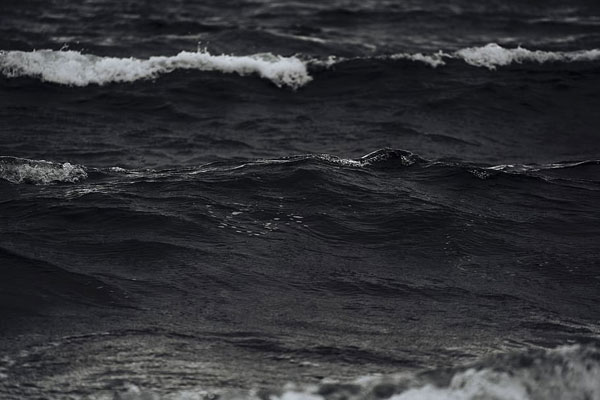Japan decides to release contaminated water from Fukushima

[Photo Credit to pxfuel]
Japan decided to release contaminated water from Fukushima into the sea during spring or summer of this year, which will take about until 2051.
The contaminated water of Fukushima was formed in 2011 March 11th due to the Fukushima nuclear disaster.
This disaster started from the largest earthquake in Japan’s observational history which occurred in the Tohoku region, following a tsunami reaching 15 meters hitting the nuclear plant.
Although people implemented a vent to prevent the contaminant, a hydrogen explosion damaged four nuclear power plant buildings following this, resulting in the containment container being damaged as well.
This was the first accident in which multiple reactors melted down at the same time; an issue which is still being dealt with even after 12 years.
The reason why Japan is currently trying to discharge this water is due to the fact that they have been pumping coolant daily to cool melted nuclear fuel, but they do not have any more space to store the abundant amount of contaminated water.
If this water is emitted into the sea, the fishing industry will be highly affected due to the aquatic animals’ consumption of the contaminated water.
Park Chan-Dae, a member of the Supreme Council, raised a question, “would customers come to the Jagalchi market…wouldn’t the oysters and seaweed cultivated on the southern coast be damaged?” pointing out the fact that the consumer wouldn’t eat it with peace of mind.
Also, this contaminated water contains tritium, which may be critical to the human body as it can cause gene damage,carrying on to generations below.
There are studies showing that if one intakes tritium, it can cause diseases such as cancer, meaning that the contaminated water may be threatening to human beings.
However, Japan’s ministry of economy, trade, and industry argues that tritium in water is mostly excreted in about 10 days even if it enters the body, and the effect on health is very less.
While some acknowledge the validity of this point, some state the fact that citizens are righteous in their demand for higher levels of safety in drinking water and eating seafood.
A number of countries including Korea, China and even Japanese citizens are not content with the Japanese government’s decision and have expressed their opinion of criticism.
Hiroshi Kishi, chairman of the National Federation of Fisheries Cooperatives, which has been in lead of opposing the ocean discharge of contaminated water, said “It is very regrettable and absolutely unacceptable…is trampling on the fisherman’s heart.”
Neighboring countries such as Korea and China are also expressing concerns about ocean discharge.
“We will strongly demand that the Japanese government include specific measures to prevent damage to the marine environment and the safety of our people,”said Koo Yun-Cheol, the head of the Office for Government Policy Coordination.
Carrying on, he said, “We will strongly implement the control over the origin of imported marine products, including fish.”
The Chinese Ministry of Foreign Affairs also posted a position statement in the name of a spokesman on its website, announcing, “Japan’s actions are extremely irresponsible and will seriously harm the international public health and safety and the interests of the people of neighboring countries.”
Despite these concerns, Japan is planning on disposing the contaminated water into the ocean in the next 30 years, which is expected to reach up to 500 cubic meters(500,000 liters) per day.

- Esther Lee / Year 8
- North London Collegiate School Jeju

![THE HERALD STUDENT REPORTERS [US]](/assets/images/logo_student_us.png)
![THE HERALD STUDENT REPORTERS [Canada]](/assets/images/logo_student_ca.png)
